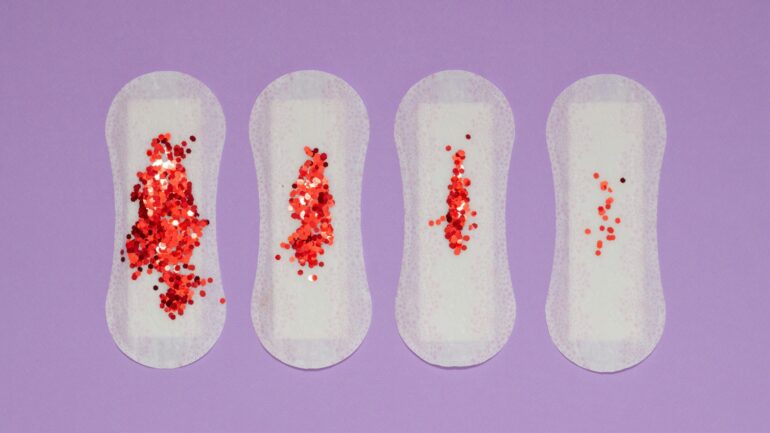Menopause is a natural phase of a woman’s life and should not be considered a loss of identity for any woman.
It is one of the biggest transitional stages that every woman will experience and we should not feel ashamed about it.
Unfortunately, many women feel ashamed to discuss their perimenopausal symptoms because society treats infertility as a taboo.
The Fawcett Society, which is a charity for women’s health, conducted a study involving 4,000 women going through perimenopause and menopause.
The study said 45 per cent of these women had never discussed their symptoms related to menopause with their regular doctors.
These findings show that there is a stigma surrounding menopause and we need to get rid of them in the 21st century.
The Menopause Foundation of Canada said one in every 100 women experiences menopause before the age of 40 and one in every four women experiences severe menopause symptoms, including adverse effects on psychological health.
Dr. Cara Fleming has worked in women’s health for over a decade. She uses holistic and natural approaches to help women going through perimenopause and post-menopause symptoms.
In an interview with Humber News, Fleming said “Women often confuse their menopausal symptoms with mood swings and can’t identify them for a long time.”
I saw my mother struggling with mild mood swings that turned into massive irritability symptoms when she was reaching her early forties.
We couldn’t find a reason behind her behavioural changes until she consulted a gynecologist.
“Discussing your symptoms with your doctor is important. It can help women get clarity about their body and this new phase that they are entering,” Fleming said.
Wendy Sweet is a menopause specialist. She said that there are a lot of symptoms that contribute to mental health issues during perimenopause.
“Sudden weight gain, insomnia, hot flashes, hypertension are some of the factors that can lead to poor mental health as well as self-esteem issues in a woman,” Sweet said.
The Institute of Family Health said that motherhood is a time when a woman feels most real and alive.
Losing the ability to be a mother makes many women question their self-identity.
“With the thousands of women coming onto my programmes, the main cause of loss of self-identity is that menopause is often portrayed as a negative experience,” Sweet said.
If we as a society stop treating these transitional phases in a woman’s life as a “disease”, they would become more comfortable in identifying their symptoms and getting the help they need.
A woman’s worth should never be judged by her fertility status. We need to hold more conversations with middle-aged women about the importance of their reproductive health as well as their mental health.
The end of a woman’s fertility should not give society the ability to question her identity or worth.


